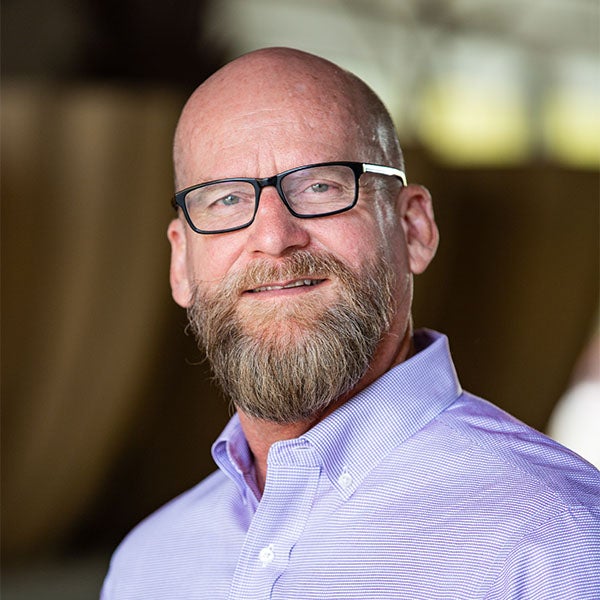ASU expert says executive actions to support caregivers a step in the right direction

An estimated 53 million people provide unpaid care for a family member, friend or neighbor in the U.S., and newly announced executive actions could help expand resources and support for those caregivers. Photo from Canva
A set of executive actions by the Biden-Harris administration focusing on improving various facets of care was announced on April 18.
The directives include reducing childcare and long-term care costs, improving access to home-based care for veterans, addressing care workers’ rights and expanding support for family caregivers, among others.
David W. Coon, associate dean for research initiatives support and engagement at Arizona State University’s Edson College of Nursing and Health Innovation, says the newly announced initiatives are a step in the right direction for addressing some of the challenges caregivers face.
Coon's decades of research focuses on family caregivers and creating interventions that help improve their quality of life.
Currently, there are an estimated 53 million people in America providing unpaid care for a family member, friend or neighbor. And those who are able to enlist the help of long-term or disability care services are paying more than ever. According to the administration’s fact sheet, “long-term care costs are up 40% in the past decade.”
In order to lower costs and expand support services for family caregivers, the executive order signed by President Biden directs the U.S. Department of Health and Human Services to consider supporting respite care and make it easier for caregivers to access Medicare beneficiary information.
Coon, who is also a professor and director of ASU’s Center for Innovation in Healthy and Resilient Aging, shares his thoughts on the family caregiver elements of the executive order and the important role researchers can play in complementing federal initiatives in their local communities.
Answers have been edited for length and clarity.
David W. Coon
Question: What was your reaction to seeing these executive actions announced by the Biden-Harris Administration?
Answer: It’s great to see since there have been countless reports over the years that show the heavy burden placed on family caregivers, the fact that we often don’t have the direct care workforce that we need to help older adults in their homes and in long-term care settings, and (that) we lack the level of support that’s needed for essential home and community-based services.
Q: Put the need for expanded and additional care services in perspective for us.
A: Around 2030, there will be more people over the age of 65 than under the age of 18 in the U.S., which is a historical first. Our society is living longer and with more chronic conditions, including memory loss and the development of Alzheimer’s disease and related disorders. We must figure out how to make long-term care more accessible and affordable.
This is why we not only need the federal support outlined in the executive actions of the Biden-Harris administration but also local complementary efforts like ours in the Center for Innovation in Healthy and Resilient Aging that are designed to help improve care and services.
Q: Speaking of the center, talk about some of the ongoing work you all do to support caregivers.
A: At the Center for Innovation in Healthy and Resilient Aging, we develop evidence-based programs that increase the quality of life for older adults and their family caregivers that are working so hard to maintain, if not increase, the quality of life for the older adults that they’re caring for. ... We need to support these families and those in the direct care workforce to help them better manage the challenges and stress associated with their caregiving roles and responsibilities.
This is an iterative ongoing process. ... It’s critically important that we engage the communities we’re serving to see what resonates. Our goal is to help figure out how we can take the interventions, services and programs that work, and adapt them to meet the needs of a variety of different populations and the situations and settings in which they can provide care.
More Health and medicine

Reducing waste in medical settings
Health care saves lives, but at what cost? Current health care practices might be creating a large carbon footprint,…

ASU offers bilingual counseling to Spanish speakers
Arizona is one of the five states in the nation with the highest percentage of Hispanic residents, according to the U.S.…

College of Health Solutions launches first-of-its-kind diagnostics industry partnership to train the workforce of tomorrow
From 2007 to 2022, cytotechnology certification examinees diminished from 246 to 109 per year. With only 19 programs in the…


